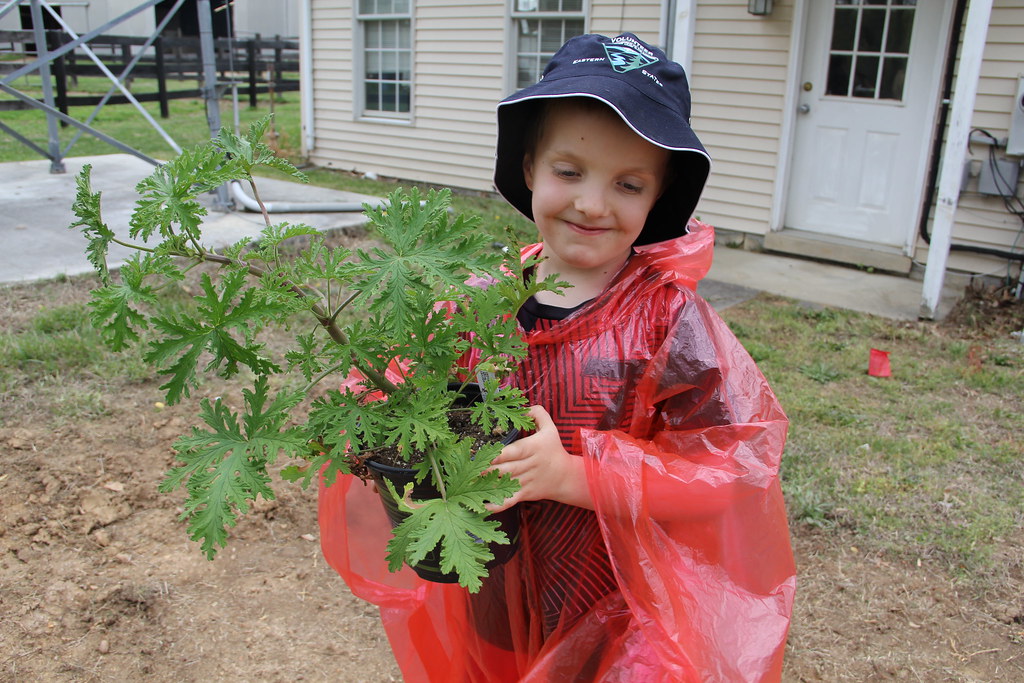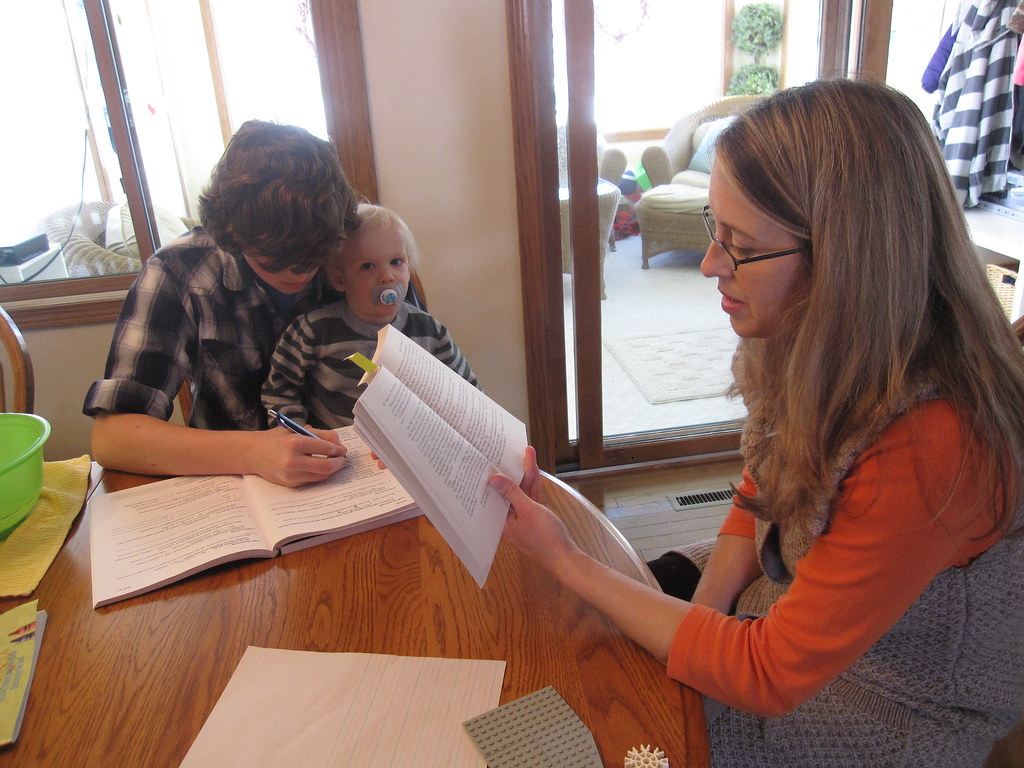According to recent studies Homeschooling is becoming increasingly popular as an alternative to public schools. In 2016 2.3 million children worldwide were homeschooled. That number has risen continually and nearly doubled in 2022 to 4.3 million.
Parents choose to homeschool their children for various reasons including philosophical reasons or more freedom and flexibility in their lifestyle. Its so wonderful to see how quickly children change to a happier version of themselves jus after a short period of homeschooling or any other alternative school.
This article covers 9 tips on what you should consider BEFORE making the switch to homeschooling.
Making a smooth transition is important to avoid mistakes, complete all required formalities and take the time to plan and create a fulfilling homeschooling journey for your child. We as an online school help you to make the transition even more smooth…
What is Homeschooling?
Before we dive into the topic let’s briefly define what homeschooling is to understand what is needed for a smooth transition.
Homeschooling is an informal or semi-formal system of education where parents educate their children at home instead of sending them to a public or private school.
Online schools – as we are one as UNBRICKED – play a special role in that. We’re not an official school so we’re not bound to the strict requirements that public and private schools have to meet.
That means as an online school…
- We have the same freedom that comes with homeschooling and due to our small classes of 6-8 students we can create an individual learning experience for your child.
- In addition, you as parents are not condemned to act as pedagogues and teachers – we take care of that!
- Our classes take place online so our students come from anywhere in the world. Our only requirement is that the time zone difference of one class is not bigger than 6 hours in order to create a reasonable schedule for each student.
Tip 1: Research Your State’s Homeschooling Laws
However, before making any move, it’s essential to know the legal requirements for homeschooling in your country (the same laws apply to online schooling. From a legal point of view we sort of do homeschooling for your child).
You need to do a little research about your state before starting homeschooling and taking your child out of regular school. Some states have very little to zero requirements while other states put high demands on the curriculum and regular testing of the child’s knowledge. Some countries only allow homeschooling under special circumstances (e.g. mental health issues, frequent travelers).
Given your country allows homeschooling for your situation, we as UNBRICKED make sure we meet the additional demands to homeschooling, curriculum and testing of your country.
Tip 2: Know Your Motivation
Homeschooling is an exciting journey that often results in higher satisfaction and overall happiness of your child. In addition, Homeschoolers score 15-30% higher than public school students on standardized tests according to National Home Education Research Institute (NHERI).
Yet homeschooling also comes with challenges. Being absolutely clear about your and your child’s motivation for homeschooling helps you going through those challenging times.
This motivation could be:
- your child doesn’t like regular school for reasons like too little flexibility and freedom towards learning, big problems with classmates that are not solved easily etc.
- your child is highly and intrinsically motivated to learn new things on its own or without much guidance
- strong passion for topics that aren’t covered (enough) in school e.g. programming, gardening etc.
- frequent travels of your family (e.g. due to your profession)
Tip 3: Plan your Curriculum
What worked one year may not necessarily work the next. Your family’s needs and interests will always continue to change and you need to learn to go with the flow. Buy materials that meet your present needs and mold the curriculum to the child’s abilities, not the child to the curriculum. ~ David Dunlap
When planning your homeschooling parents typically ask themselves “What is the best homeschool curriculum?” A better question might be “What is the best homeschool curriculum fit?”
An ideal curriculum should fit:
- Your children’s interests, ages, strengths, weaknesses, learning style etc.
- Your interests and capacity as parents – are you planing to still work outside the home while homeschooling? What is your preferred learning or teaching style? Are you able to help your child through high school years?
- Your situation – is your homeschooling situation short-term or long-term? are there any special conditions e.g. ADHD that require more attention? Is your goal to prepare your child for A-Levels or any other certification?
You’ll find an in-depth guide with lots of resources to complete curriculums for various scenarios here.
Some free curriculums out there:
You can also check out second hand book stores or libraries if you live on a budget.
Don’t have time or nerves to check all that out? We at UNBRICKED offer a comprehensive curriculum which combines the best material out there while keeping your child’s needs and interests in mind. We also make sure that our curriculum meets your countries requirements if there are any. We prepare your child for A-Levels as well as any other school leaving certification.

“A TALE OF TWO GARDENS:” by mypubliclands is licensed under CC BY 2.0.
We’re so conditioned to believe learning mostly happens from textbooks. From TALKING or THINKING about stuff. Homeschooling gives the flexibility to actually DO the stuff. Gardening projects foster social skills as well as understanding of science in the real world. It strenghtens the link between plants in our environment, food security, health and well-being. It provides children and adults with the possibilty to learn a wide range of skills and explore nature.
However while using a curriculum can be helpful to have some sort of guidance please keep in mind the the next tip:
Tip 4: Don’t Compare, Stay Flexible and Adapt, Celebrate Progress
Homeschooling is not about mastering a certain set of information each year but rather about your children to become lifelong learners and finding their path. Homeschooling beginners are often worried…
- about their children “catching up”. But catching up with who?
- that their homeschooling has to look like traditional schooling. Especially in the amount of time spent with each subject. It can look anyway you and your children want! Comparison is the thief of joy.
It might take time to let those thoughts go… But if you do so, it provides you with so much FREEDOM! As long as your child keeps learning you’re on your way!
Children under stress stop learning. So keep calm and celebrate every progress!
Tip 5: Create a Structured Schedule
Routines are especially important to children. We see that in very young kids and how they need consistent sleeping or eating cycles. Try to put a young child out of their routine by skipping their midday nap and you’ll quickly see how their mood worses…
UNBRICKED has structured class schedules to maintain a sense of routine in a flexible environment. E.g. we start our lessons at 9:30 every morning. Depending on your location’s time zone it might be a little later but we maintain those regular learning blocks of 3 hours in the morning for secondary school students and 1 hour for primary school students (plus 30 min to 1 hour of feedback session in the afternoon). Learn more about our New Way of School.
Tip 6: Designate a Learning Space (…and when you shouldn’t)
Again, it really depends what your kids and your needs are whether a designated learning/schooling space is the right thing for you.
For some families it might work really well to do “school at home” in a way that they separate the school part from their leisure in terms of hours per day as well as with a designated learning space or room.
However, for other families, they might prefer to live their lives and learn on the way. So they rather live homeschooling as a lifestyle and incorporate interesting resources, books and materials in they day-to-day-lives and activities.
Try to resist the URGE TO COMPARE and find what works best for you and your family!

“Homeschooling – Gustoff family in Des Moines 010” by IowaPolitics.com is licensed under CC BY-SA 2.0. – Reading aloud to your children comes with lots of evidence-based benefits. It helps to use the language better and make sense of the world.
Tip 7: Utilize Online Resources
In the information age there are so many free and budget-friendly resources out there. Here are some interesting ones:
- Khan Academy – totally free courses for the subjects of math, biology, medicine, economics and informatics / computer science
- Freelearninglist.org – internet’s best free educational resources (youtube channels, courses, podcasts, books, programming, music, languages etc.) – not only interesting to children 😉
- Anton.app – free learning app for school (smartphone, tablet, computer) from pre-school to Grade 8 aligned to US State Standards. The app covers most subjects such as English, math, science, social studies, music packed in learning games and interactive exercises.
- Twinkl.de/resources/usa-resources/usa-resources-common-core – mostly free resources that align the US State Standards / Common Core State Standards
- Teachers Pay Teachers – platform where teachers create unique learning materials (all grade levels) that you can purchase
Tip 8: Foster Social Interaction
Especially as an only child homeschooling means less interaction with other children. But also for families with more children there is such a thing as TOO MUCH TOGETHERNESS.
Hence you should take advantage of online and local groups:
- look out for online groups in Facebook or Telegram for your country or town. Take part in online and offline meetups to get to know other homeschooling families and children.
- consider founding a homeschool co-op – a homeschool support group of families who meet regularly at homes, libraries, community centers to achieve common goals. This can be projects, activities, social work, social time etc.
A Word from UNBRICKED
We wish you all the best for a smooth transition to homeschooling and an exciting yet enriching homeschooling experience. Don’t forget that each journey is individual and that it takes time and patience to find your path.
UNBRICKED is an online school that offers an alternative to classic homeschooling while maintaining the same flexibility. Our regular classes create a substantial framework for your children’s education and your family life.


